As tensions continue to escalate between Israel and Hamas, the rest of the world is grappling with how to handle the worsening situation in the Middle East. Western governments are quietly pushing Israel to postpone its planned ground invasion of the Gaza Strip, which is controlled by Hamas, according to a senior US diplomatic official who spoke to The Times of Israel.
This development comes amid worries that the situation could spiral out of control and involve other major players in the region, as well as concerns for the hostages being held by Hamas in Gaza.
The US and several European governments are quietly pushing Israel to hold off on launching a ground invasion of Gaza following Hamas’s release of two hostages, fearing that the incursion will all but scuttle efforts to secure additional releases for the foreseeable future, a senior diplomatic official told The Times of Israel.
The Western governments currently pressuring Israel each have citizens among those unaccounted for and believe that the more time that passes, the harder it will be to secure the hostages’ release, the official said.
The senior diplomatic official said that the governments recognize that a ground invasion is very likely and are not telling Israel not to launch one at all, but rather hold off to try and see if additional diplomatic efforts can succeed.
Israel says its offensive is aimed at destroying Hamas’s infrastructure, and has vowed to eliminate the entire terror group that rules the Strip, and carried out the deadly onslaught on October 7.
Israel says it is targeting all areas where Hamas operates, while seeking to minimize civilian casualties.
President Joe Biden let the cat out of the bag, so to speak, when addressing questions from reporters about whether Israel should delay the invasion. He answered “yes,” when asked whether Israel should hold off on attacking Hamas in Gaza. Later, the White House tried to clean up the mess by claiming that the president “didn’t hear the full question.”
There are a few potential issues surrounding the impending invasion.
For starters, there does not yet seem to be a clear exit strategy articulated by the Israeli government. The US official noted to the Times of Israel that Prime Minister Benjamin Netanyahu’s team “had not yet come up with such a strategy.” This could remind people of America’s invasion of Afghanistan, which went on for almost two decades without a clear plan for after the threat was neutralized. Of course, it is possible that Israel’s government might have a better idea of what it will do after decimating Hamas, but is playing it close to the vest.
Currently, there are about 203 hostages held in Gaza, which further complicates the situation. Hamas released two hostages on Friday evening, a move many believe was intended to convince Israel to hold off on sending in ground troops.
Also of note is Saudi Arabia’s role in the matter. Hamas and Iranian leaders recently confirmed that one of the driving forces behind the terrorist group’s October 7 attack that sparked the war was a desire to disrupt negotiations between Saudi Arabia and Israel to normalize diplomatic relations between the two countries. After Israel’s counterattack, which involved heavy bombardment and airstrikes, Saudi Arabia put the talks on hold and criticized both Israel and Hamas.
Saudi Arabia’s former intel chief and ambassador to the US gave a speech on Thursday blasting both Hamas for its onslaught as well as the long-held policies of successive Israeli governments that he said helped lead to the current bloody situation.
While Prince Turki al-Faisal may no longer be in government, he still is seen as close to the royal palace and appears to be the most prominent Saudi figure yet to specifically condemn Hamas.
“I categorically condemn Hamas’s targeting of civilians of any age or gender, as it is accused of. Such targeting belies Hamas’s claim to Islamic identity,” Prince Turki said in an address at the Baker Institute for Public Policy at Rice University in Houston.
“I also condemn Hamas for giving the higher moral ground to an Israeli government that is universally shunned, even by half of the Israeli public, as fascist, miscreant and abhorrent.”
There are also concerns that an aggressive ground invasion could further shake up the region, which is already a powder keg. Fears that Iran and its proxy, Hezbollah, could become more involved in the fighting after an invasion are warranted, as both parties have indicated a willingness to do just that. If this happens, it will force Israel to fight a war on multiple fronts, which would lead to more violence and death.
The multilayered nature of the conflict creates a precarious and complex situation on the ground. From hostage safety to international relations and long-term strategic planning, it is clear that there is more at stake in this matter than meets the eye. The coming days will be pivotal in shaping not only the Israel/Hamas conflict, but the geopolitical landscape in the Middle East.
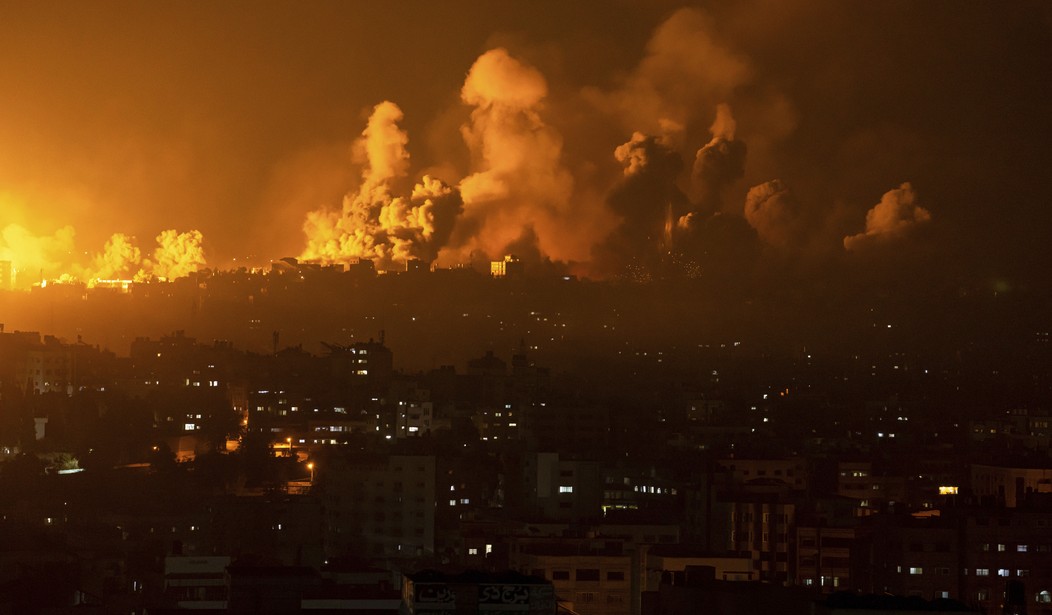

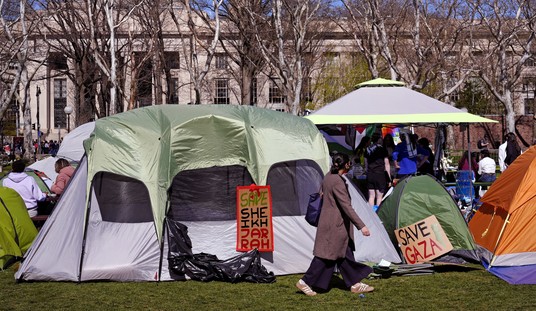




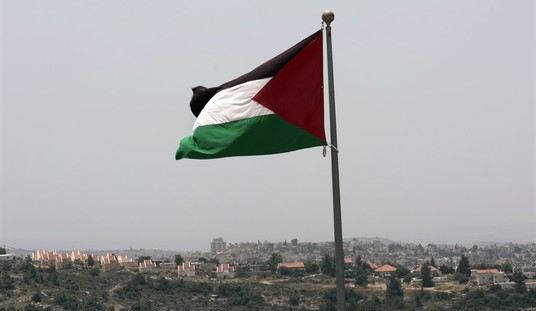
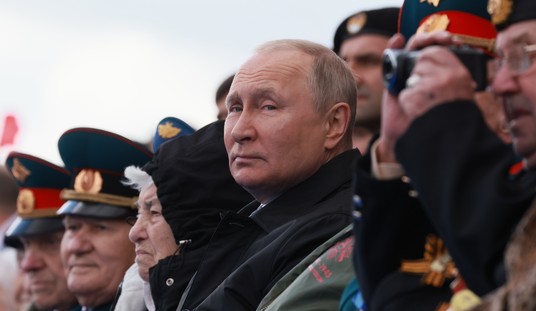


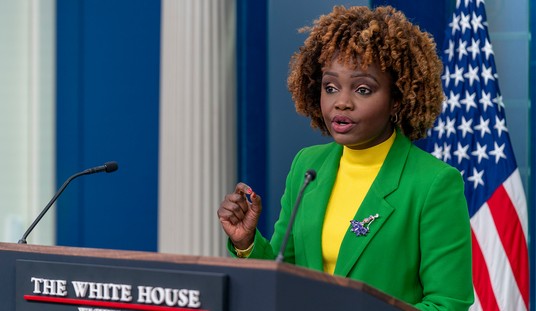


Join the conversation as a VIP Member